

Age: 45
Sex: male
Date: 25 Apr 1943
Place: Kentish Town Railway Station
Israel Benjamin died after falling out of a railway carriage shortly after it left Kentish Town Railway Station at 10.16am on 24 April 1943.
His 44-year-old brother was tried for his murder but acquitted.
After Israel Benjamin fell from the train and was found he said that his brother had pushed him out in a row over a will which his brother had benefitted from.
Their father had died on 18 April 1943 leaving a will that was dated 31 March 1943. The brother, who was one of the executors, was left with the house, 169 Watford Road in Harrow, along with the contents and the residue, apart from a small legacy which was divided equally between six other children.
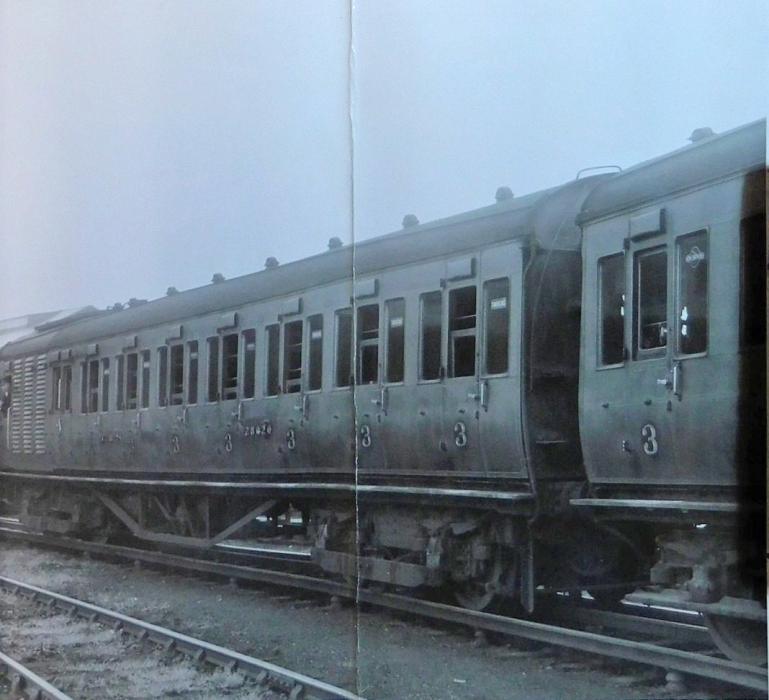
The train that they had been on was a LMS train travelling from Broad Gate to Wembley. It had stopped shortly after leaving Kentish Town West station at 10.16am, travelling to Gospel Oak about three quarters of a mile out after the brother pulled the communication cord. After the brother pulled the communication cord, the train guard said that he looked out and saw that a carriage door was open and said that when he got out to look the brother looked out of the open door and said that a man had fallen out. The train guard said that he asked the brother if he had seen Israel Benjamin fall out and he said that he had not and that he had been asleep in the opposite corner and that he didn't know anything until he heard a bang, after which he pulled the emergency cord.
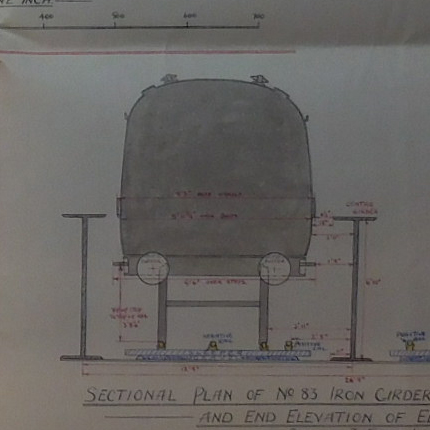
When the train guard asked the brother if he knew Israel Benjamin he said 'No'. They then walked along the line until they got to Israel Benjamin. His brother then said, 'He's dead' and the train guard replied, 'He looks it'. They were then joined by the train driver who the brother also told that he didn't know Israel Benjamin. When the train driver asked the brother if he knew the injured man, the brother said, 'No. He was in the same compartment as me and I was dozing. I heard a thud and saw he was missing so I pulled the communication cord'.
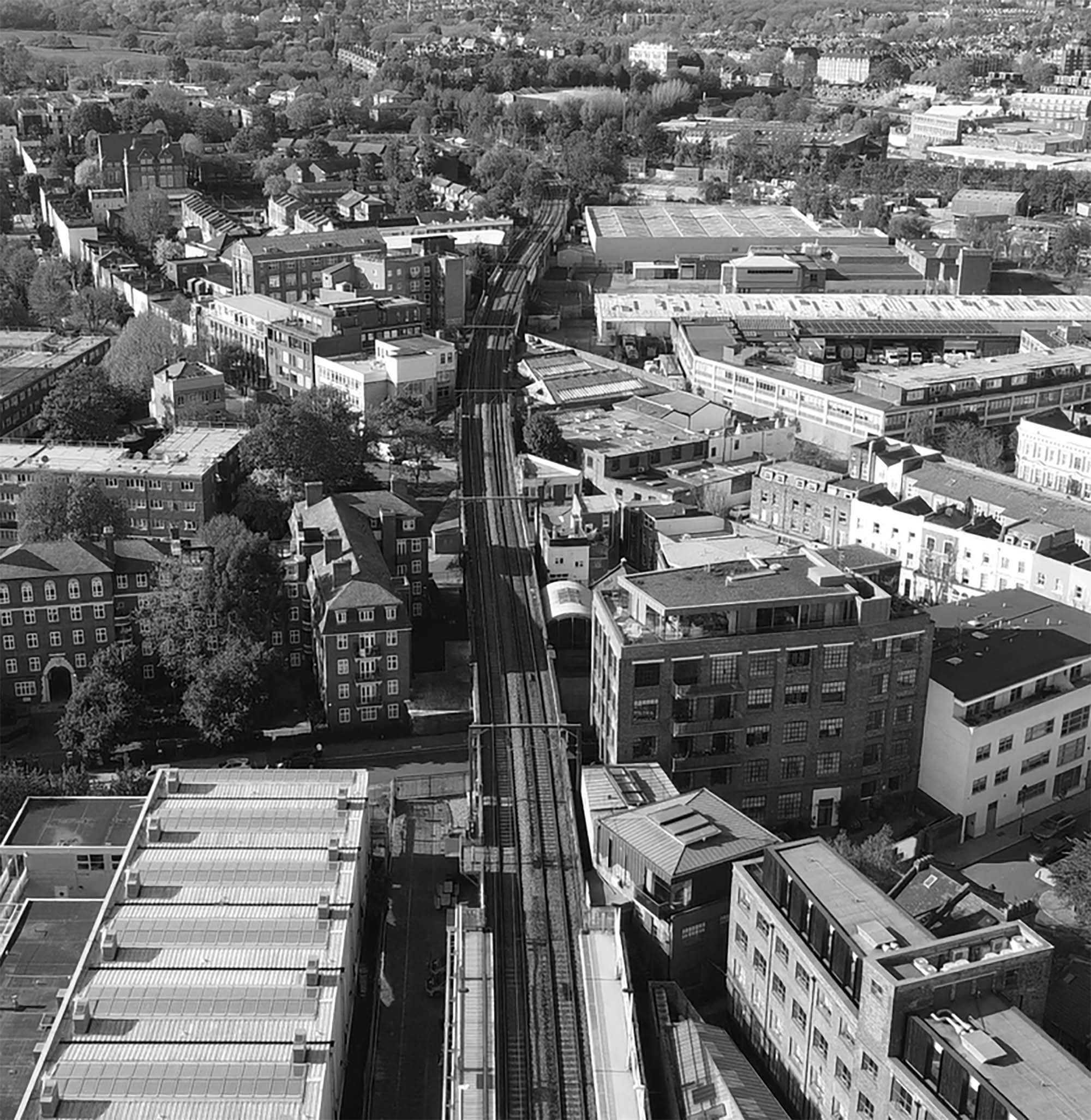
The train guard said that he then made certain arrangements for the safety of the train and then returned to where Israel Benjamin was lying and that to his surprise Israel Benjamin spoke to him. The train guard said that the train driver then joined him, and Israel Benjamin continued to talk and told them that the other man was his brother and that he had pushed him out of the carriage. He said Israel Benjamin said, 'He tried to rob me, my brother', and when the train guard asked Israel Benjamin who his brother was, Israel Benjamin said, 'The man in the coach with me'.
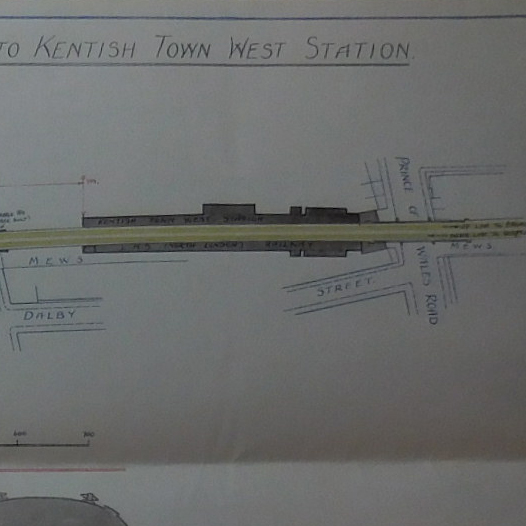
The train guard said that he then approached the brother and said, 'Did you say you did not know him?', and said that the brother replied, 'I don't know him'. The train guard said that he then said, 'You had better come back. He is speaking', and said that the brother asked, 'Isn't he dead', and the train guard said that he said, 'No, he is very much alive, and he says he is your brother'.
When they went back they were joined by a police inspector and a sergeant and the police inspector said to Israel Benjamin, 'Do you believe you are dying?', and said that Israel Benjamin replied, 'I am'. Israel Benjamin then made certain statements that the inspector took down in his note book. During his statement he said, 'He took everything away from me. When the will was read my brother took the lot. We quarrelled over the will in the train. He said, 'You will not get anything. You have got to work'. I said, 'I want a half share'. He called me no good. He got me by the neck and pushed me out'.
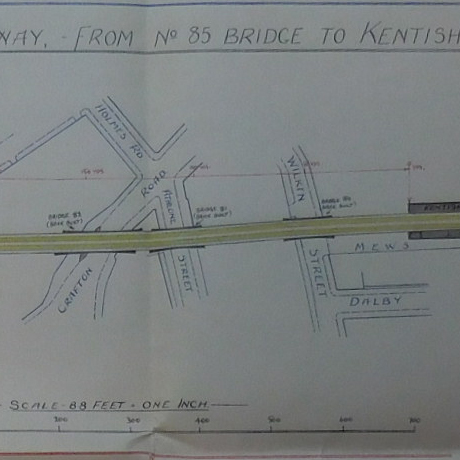
The brother then said, 'Was not I asleep in the corner?' to which Israel Benjamin replied, 'No, you quarrelled and pushed me out'.
However, Israel Benjamin was unable to sign the statement and was removed by ambulance to Hampstead General Hospital but died before he arrived.
When the brother was taken to the police station the inspector said to him, 'You know what your brother said?' and the brother said, 'All I know is that he is the biggest liar out'.
A while later when the brother was asked to explain what he knew of the matter he said, 'A man got out of our compartment at Kentish Town West. My brother was sitting opposite me, the train moved off and I fell asleep. I don't know what happened. I heard the carriage door bang, found that my brother had gone and pulled the cord. We had not quarrelled, we were friendly'.
At 7.30pm that evening, 25 April 1943, the police arrested the brother for the murder of Israel Benjamin and when he was asked whether he understood, he said, 'I understand', and then said, 'I am not guilty'.
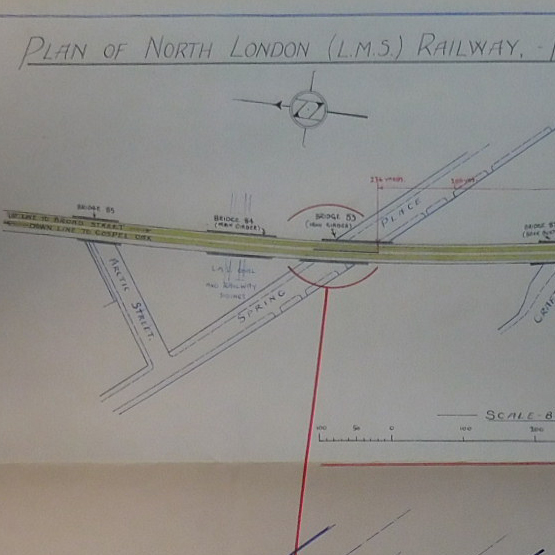
At the police-court, the prosecution said, 'The case rests almost entirely upon the dying declaration of Israel Benjamin. Apart from that the conduct of the accused does need some explanation. It is difficult to understand why, when he was first questioned by the guard and the train driver, he should have denied any knowledge of who deceased was. His story was that after leaving Kentish Town West station he had fallen asleep, but the train had travelled only 230 yards'.
The brother later said in evidence that Israel Benjamin was a waster and that he had caused him a good deal of expense and had opened the door of the carriage and had said, 'I am going to do myself in'.
Israel Benjamin's family doctor also said that Israel Benjamin was neurotic and had delusions that he suffered from diabetes and had a growth on the brain, which he said were both without foundation.
The post-mortem revealed that Israel Benjamin had all his ribs fractured, his spine fractured, his left arm fractured and had a depressed fracture of the skull although there was no sign of injury to the brain. The pathologist noted that there was no bruising to his throat and that death was due to shock following multiple crushing injuries.
The police said that they thought that in all probability that the extensive injuries that Israel Benjamin had received were caused by him being thrown between the moving train and the span girder in the middle of the permanent way, the clearance of which was ten inches.
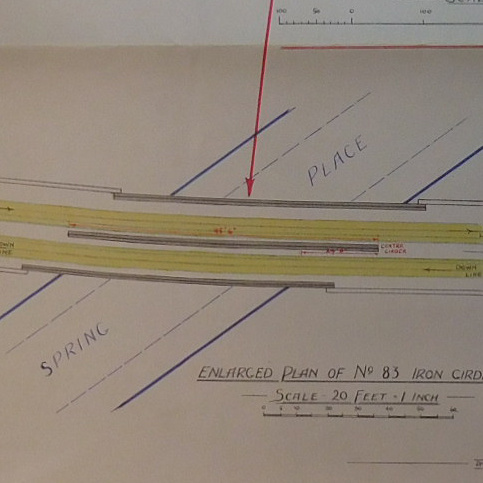
When the carriage door was examined it was found to have had a 'Kays Slamb' type lock and safety catch with a short inside lever handle. The lock was found to have been in perfect condition and it was noted that to open the door from the inside, that it was necessary to fully depress the inside lever handle and hold it down until the door was past the safety catch, the idea being to prevent the door opening if the lever was accidently touched. It was further added that the tongue slot on the door standing pillar was fitted two inches from the safety catch which meant that it was possible to open the door two inches before being stopped by the safety catch. It was further noted that the inside lever handle was two and a half inches long.
The police also spoke to the two people that had been travelling in the next compartment of the train, but neither of them said they had heard any sound of a quarrel and could not assist.
However, the police said that they were unable to identify the third man that the brother said had been in their compartment and who had got out at Kentish Town West station.
The jury retired for two minutes before returning their verdict.
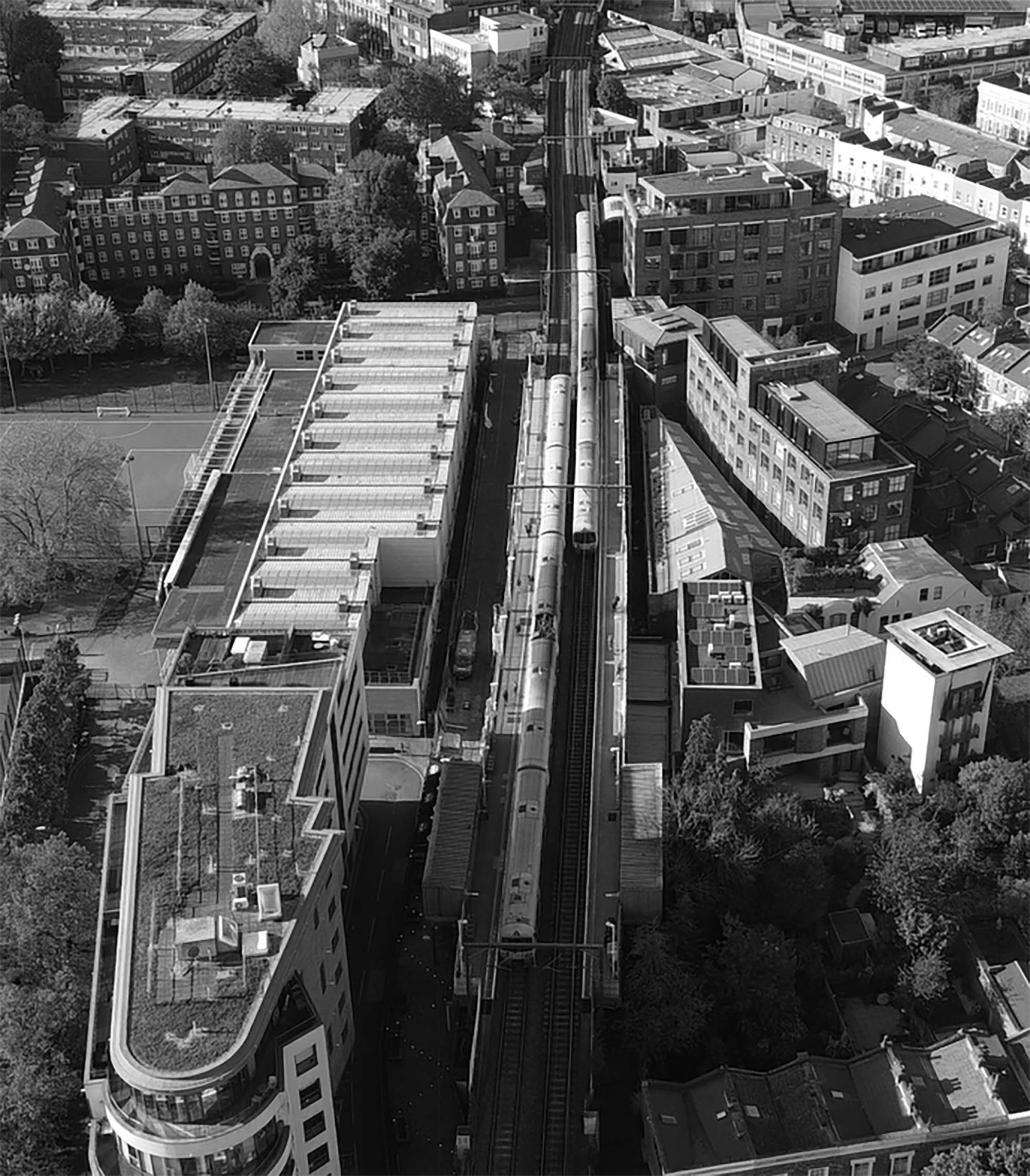
see discovery.nationalarchives.gov.uk
see National Archives - DPP 2/1118
see Birmingham Mail - Monday 10 May 1943
see Lincolnshire Echo - Saturday 29 May 1943
see Sunderland Daily Echo and Shipping Gazette - Friday 28 May 1943
see Shields Daily News - Saturday 29 May 1943